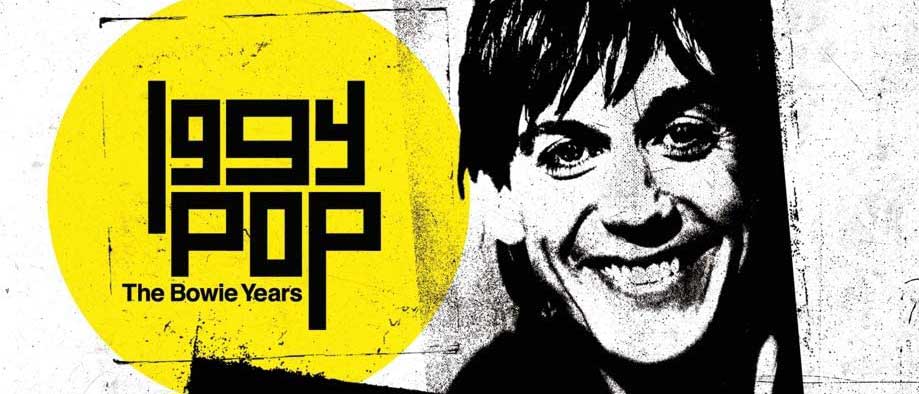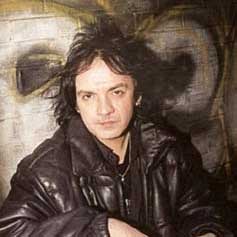Iggy Pop’s 1977 comeback as solo artist is inextricably linked to David Bowie’s 'Berlin Trilogy’, The Idiot and Lust For Life rearing from the creative torrent that helped heal each artist’s fractured psyche after recent batterings.
With Bowie shedding his destructive Thin White Duke persona and Iggy getting over heroin-swathed trauma following The Stooges’ disintegration, work began on The Idiot in France in summer ’76. With that nailed by September, Bowie started on Low, both sets finished in their new adopted home of Berlin.
The pair had successfully reinvented and reinvigorated themselves, fit to take on punk’s invasion. Not to seem influenced by Iggy’s krautrock-influenced makeover,
Low came first, in January, fans already aware of his changes when Iggy started his first UK tour, with Bowie on keyboards, in March, two weeks before The Idiot’s release. The only live evidence of new directions among the Stooges chestnuts were Sister Midnight, China Girl and Funtime.
Just as the world was discovering his old band, Iggy had moved on, predicting the machine-driven 80s as he uncaged his irrepressible grown-up self. Also debuted live, Turn Blue, Tonight and Some Weird Sin appeared on the more upbeat Lust For Life six months later, its smiling cover embodying its defiant title track, quite probably celebrating evocative classic The Passenger.
The Bowie period was ending when 1978’s boomy TV Eye Live arrived, drawn from a US tour. Iggy’s two Berlin masterworks have been reissued several times, but never before given the Bowie-branded boxset treatment.
While unable to comment on presentation or booklet, music-wise there’s little not already on the 2007 box set 1977, including the alternative mixes of Dum Dum Boys, Baby, China Girl and Tiny Girls placed among assorted singles edits on the new collection’s Demos & Rarities disc, or the London Rainbow gig on another.
That show, the Cleveland Agora set and Chicago’s Radio WKQX broadcast will be familiar from bootlegs. New out-takes or even studio banter would have made all the difference, but nothing should detract from these two glorious studio landmarks, or the fact that had Bowie not enabled them, Iggy might not have marinated into today’s much-loved punk godfather, artisan and raconteur.

